By Adrian Flynn
In The Karman Garden: Pakistani Wheat from Mahhad Nayyer
28 July 2025

0%
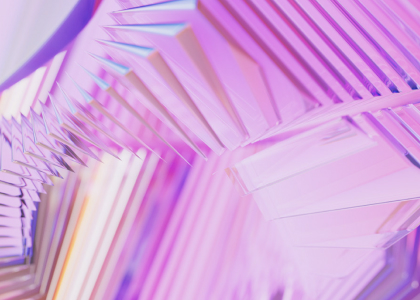
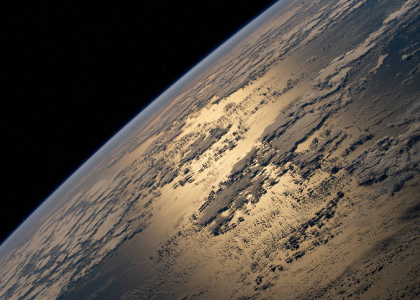
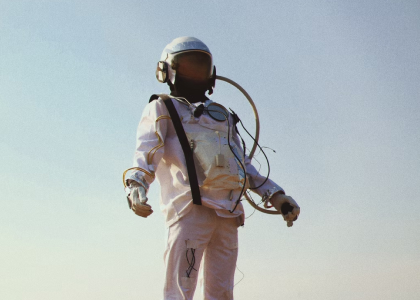
We foster trust, cooperation and independent dialogue'
Between global leaders
28 July 2025By Adrian Flynn

By Adrian Flynn
8 January 2026
by Hannah Ashford
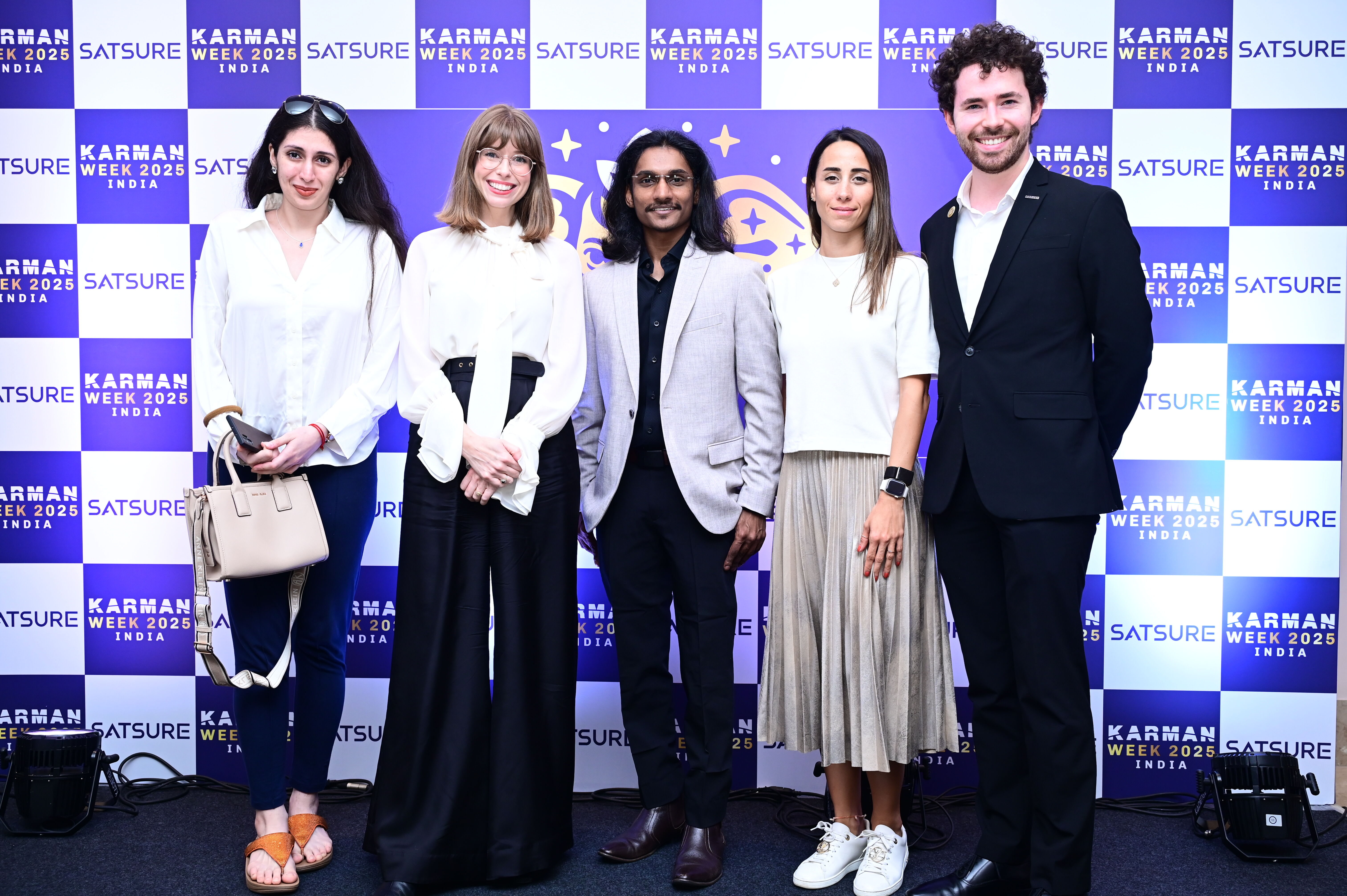
The Karman Project Appoints Rajeeshwaran Moorthy as Senior Advisor
11 December 2025
by Adrian Flynn

Karman Fellow Alena Kuzmenko Launches the Dreams of Cancer Patients from 14 Countries into Space
14 November 2025
by Adrian Flynn
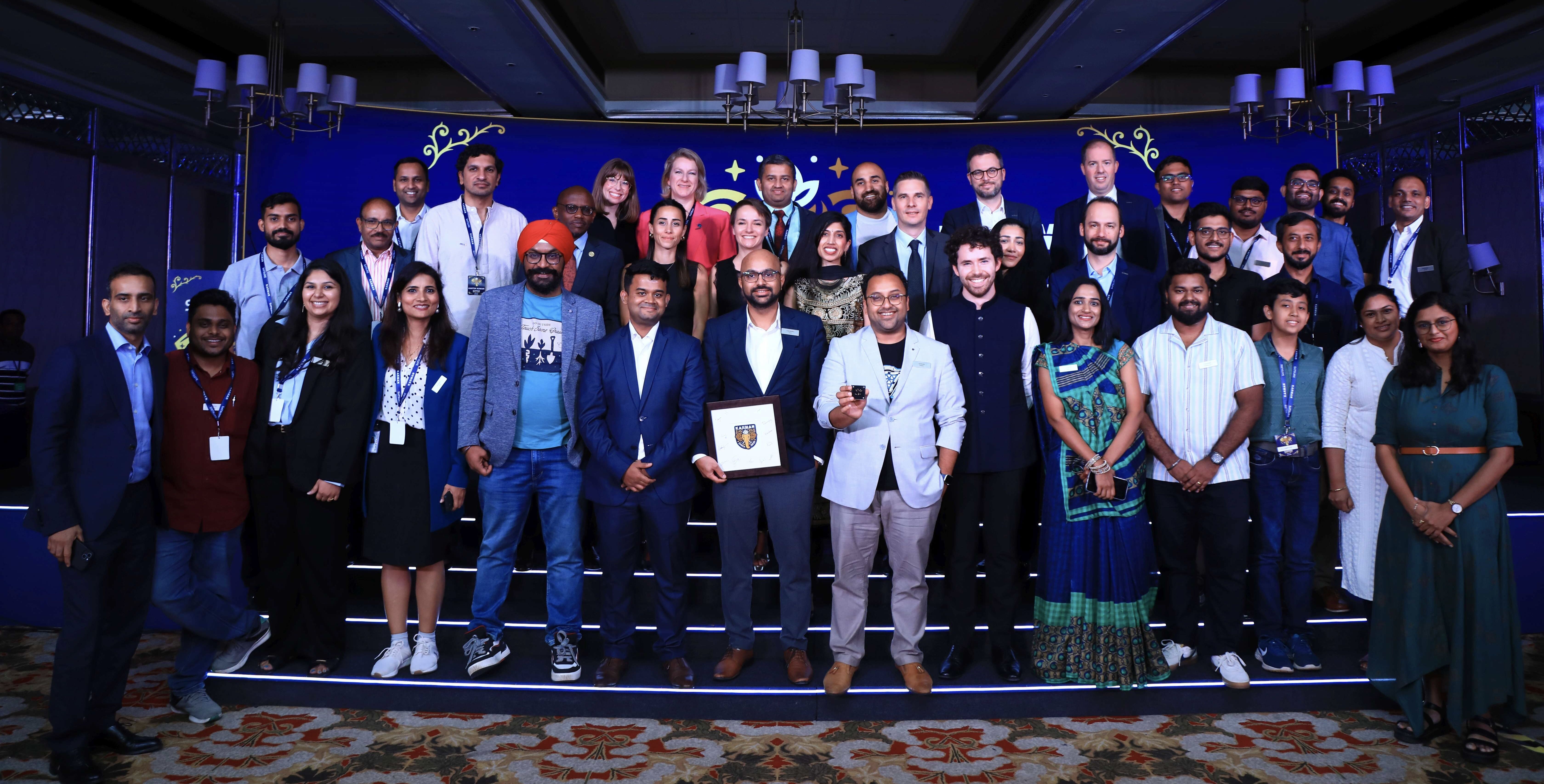
Karman Week 2025: An Extraordinary Week of People, Partnerships, and Purpose in India
2 October 2025
by Hannah Ashford & Adrian Flynn
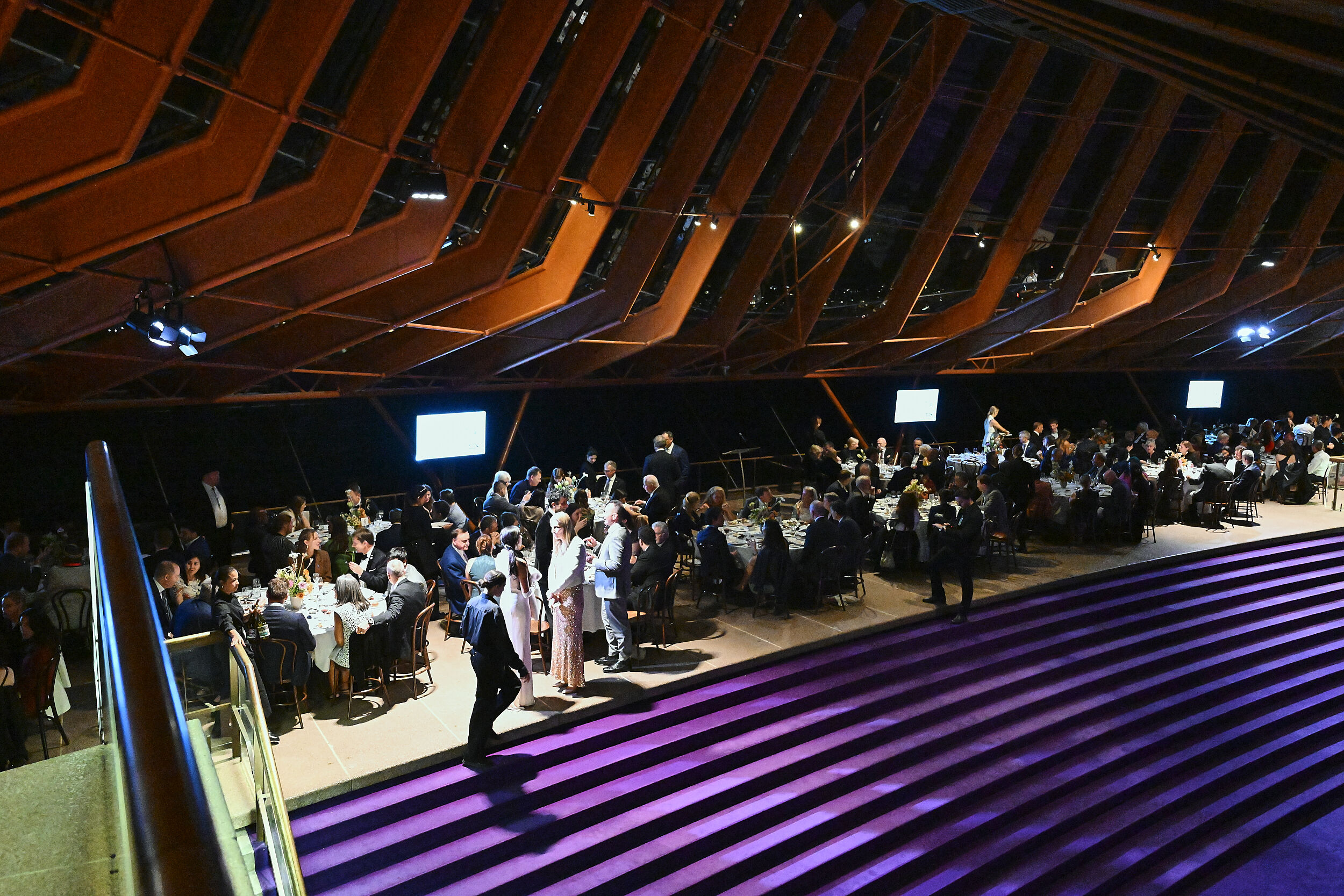
The Karman Project Launches World’s First Space Peace Prize™ Amid Rising Geopolitical Tensions
19 August 2025
by Adrian Flynn
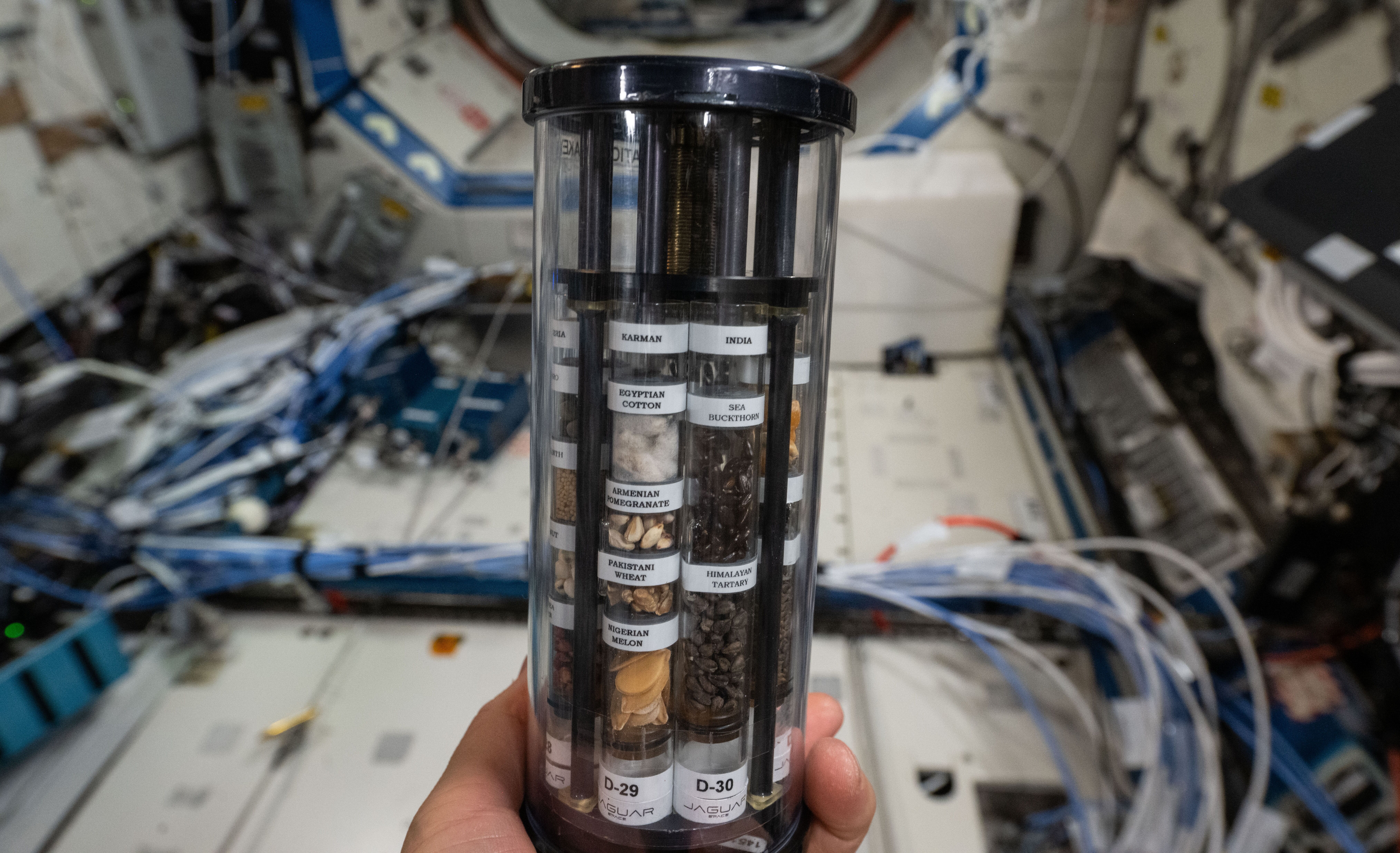
Karman-Jaguar Earth Seeds for Space Payload Safely Returns to Earth
